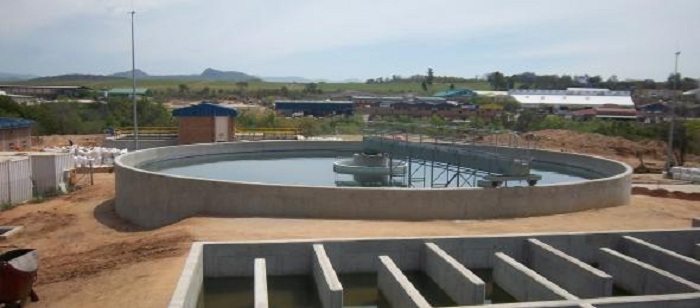New realities are rising following the introduction of new innovative technologies in solid waste management, with the Nigerian state of Lagos wielding the ‘big stick’ in surprise moves to salvage the state from the inefficiency of the Private Sector Participation (PSP) operators.
In its latest intervention, the Lagos state government has unveiled ‘Cleaner Lagos Initiative’ to alleviate the prevailing challenges and create enabling environment for the private sector to exercise international best practice. Lagos state produces between 9,000-10,000 metric tons of waste every day.
The plan is expected to address the loopholes in the existing law to expand the scope of the State’s Waste Management Authority (LAWMA) to allow it enforce, regulate and collect revenue from the waste management exercise as well as protect the environment, people’s health and the living standards of the people.
Also read:Nigeria to generate electricity from solid waste
Dr. Samuel Adejare, the Commissioner for the Environment, who announced the new initiative to the media, said, apart from creating the enabling environment for the private players to practice international best practices, the Cleaner Lagos Initiative is also concerned with addressing the existing challenges in solid waste management in the state.
Dr. Adejare, who was accompanied by the Commissioner for Information and Strategy, Mr. Steve Ayorinde, said: “The PSP and LAWMA partnership was quite effective, but is no longer applicable, considering the fact that the population of Lagos has increased several fold (and still increasing) and the over 300 compactors in use are old and in a state of dis-use.
“Wastes should not bring us hardship and shame, but rather we should make money from it. Emphasis will be on zero-dumping, recycling and generation of power from wastes.”
Under the proposed legislation, the government will undertake a re-certification of all the 350 PSP operators, relicense all of them as well as carry out an audit of the state of their compactors.
The government will also transform the Transfer Loading Station (TLS) and unveil around of 25 Material Revolving Facility (MRF) where wastes will be sorted, 600 new compactor vehicles will be bought, and waste dumpsites will be replaced with engineered sanitary landfill sites.
He added that in the current system, regular waste collection is affected by a vicious cycle between operators and clients as poor collection service delivery which leads to poor and irregular payments.
Adejare added that LAWMA in its capacity as regulator is overwhelmed by the role of having to coordinate the activities of 350 companies and at the same time carry out its own collection services; billing system is unduly complicated due to differences and inconsistencies in charges and collection routes.
The reform will include establishment of five new power stations – one in each division in the state, which will be built to generate power from wastes, and closure of the Olusosun and Solus dumpsites next year.
“We plan to regenerate Olusosun and turn it into a park, where intercity buses will end their journey and would no longer be allowed to enter into the city. Passengers will from here now take taxis and intra-city buses to their destinations in town.
“Also, we will have about 25,000 community sanitation workers who will be engaged mostly as street sweepers. They will be well kitted with decent uniforms, gloves, boots, pickers, brushes, carts as well as mobile phones with which to communicate with the control centre. And they will be well paid.
“Every sanitation worker will reside in the Ward they operate for convenience and to curb high cost of transport to work. They will be well trained and given an attractive welfare package. In all, we hope to generate a total of 46,000 new jobs,” he said.
